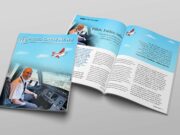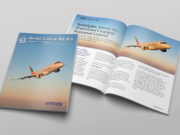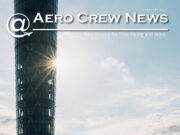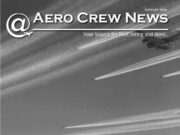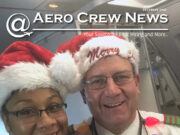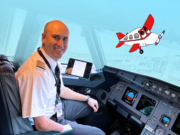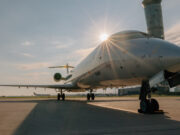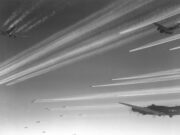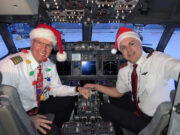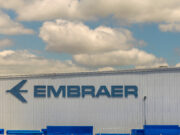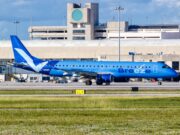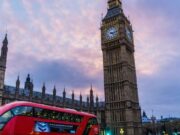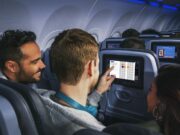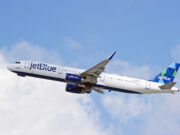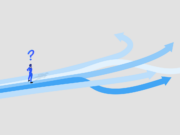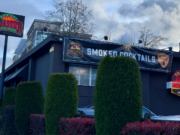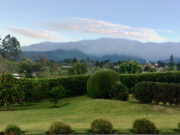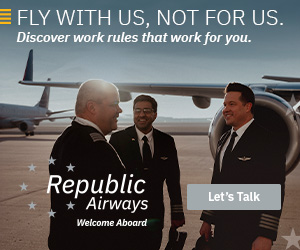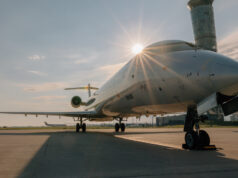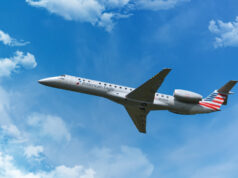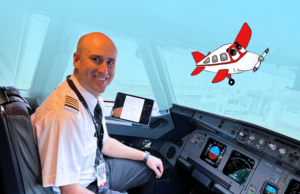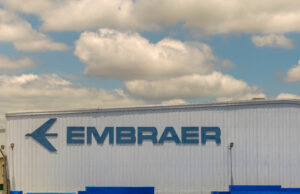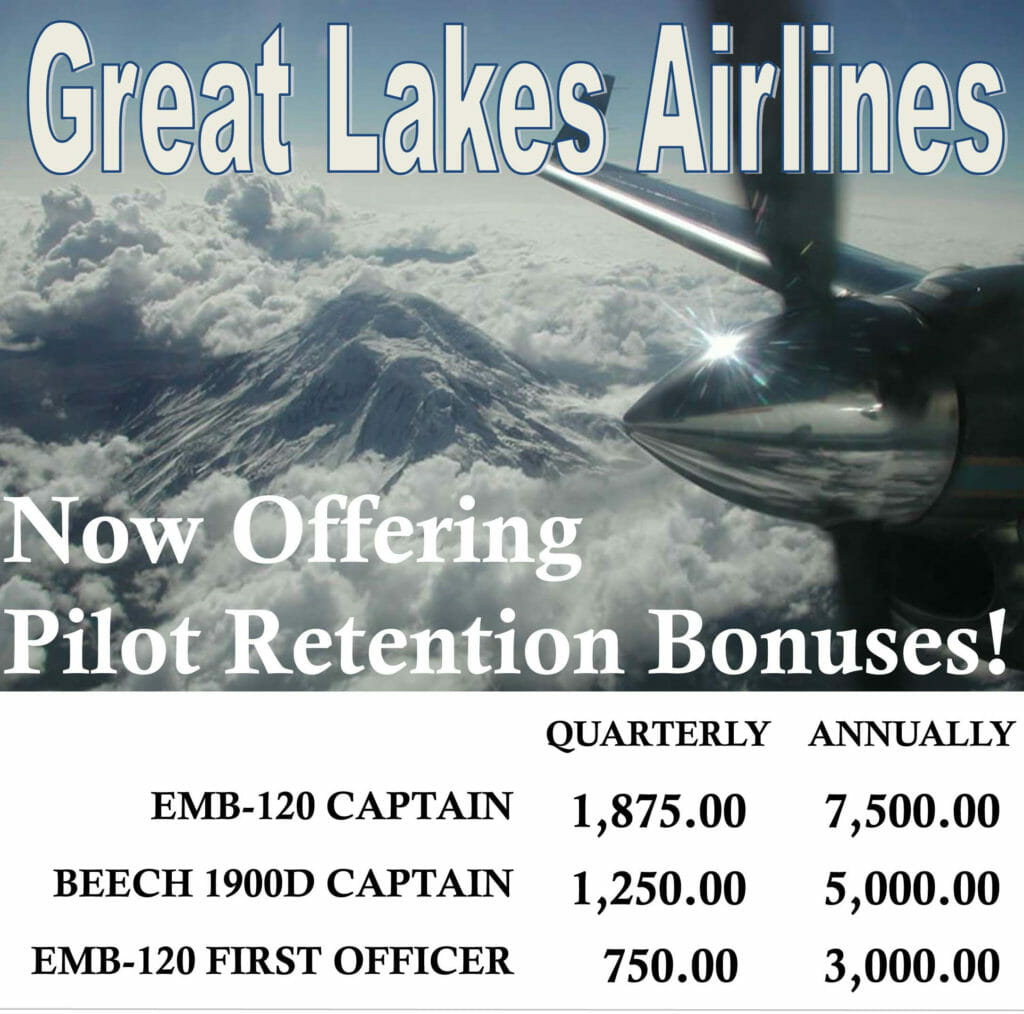
Set in the backdrop of the Rocky Mountains, the “Forever West” state of Wyoming is home to Great Lakes Airlines. The company, head- quartered in Cheyenne, is just a short drive (or flight) to our main hub in Denver, CO. We provide daily connections for our code-share partners as well as daily service to small communities and larger hubs throughout the country. In addition to having the opportunity to operate some of the safest and most efficient aircraft, our pilots are among the most experienced and professional in the industry. Our pilot training program is highly respected among other carriers; with the valuable flight experience and quick upgrade times, the sky is the limit for Great Lakes Pilots!
What makes Great Lakes Airlines such a great place to work? It can be defined in one word: community. While we continue to adapt, and have the distinction of being recognized as a well-respected corporation, we try not to lose sight of the fact that it is our employees that are responsible for the Company’s success. Great Lakes Airlines offers a com- munity environment where everyone’s job is important and respected – and each individual matters.
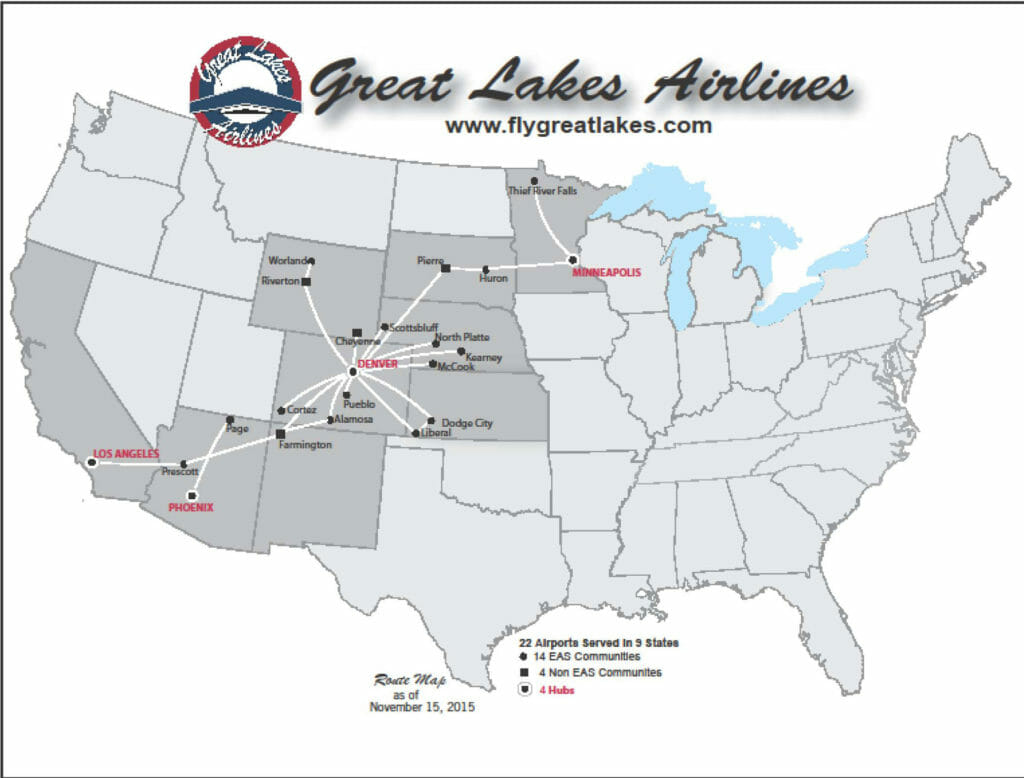
In addition to offering a chance to work in a rich, fulfilling community environment; Great Lakes offers a competitive compensation and benefits package as well as the opportunity for you to advance your career. Pilots that excel have career opportunities with compensation increases; such opportunities include Chief Pilot’s Office Positions, Recruitment Assistance, Professional Standards Committee, ASAP Committee and multiple positions within the Training Department.
Competitive Benefits
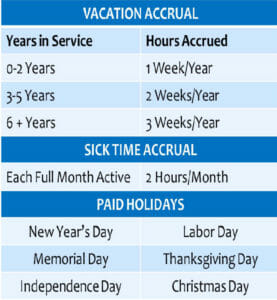
- Medical, Dental & Vision
- Life/Disability Insurance
- 401K Retirement Plan
- Paid Time Off
- Corporate Discounts
- Employee Assistance Programs
- World Wide Travel Benefits
Adaptive to say the least, Great Lakes provides prospective airline pilots with a unique opportunity. Since the Federal ruling on increasing pilot hours, Great Lakes has restruc- tured its company to provide a path for pilots entering the industry. By reconfiguring some of their aircraft, they are able to utilize FAR 135 hiring minimums in an FAR 121 operation. This provides low time pilots a theoretical “foot in the door” to build valuable turbine experience operating within a 121 environment. They will gain the flight time required for the Airline Transport Pilot (ATP) or Restricted-ATP (R-ATP) certification and will then have the ability to start building the required time to upgrade to a 121 Captain.
Great Lakes Hiring Minimums
- FAA Commercial Pilot Certificate with Instrument Rating
- Current First Class Medical
- 25 hours multi-engine time
- At least 35 hours logged in the last 90 days
- Instrument and Multi-engine current
- Knowledge of Jeppesen Charts
- Must be able to maintain situational awareness without moving map or GPS
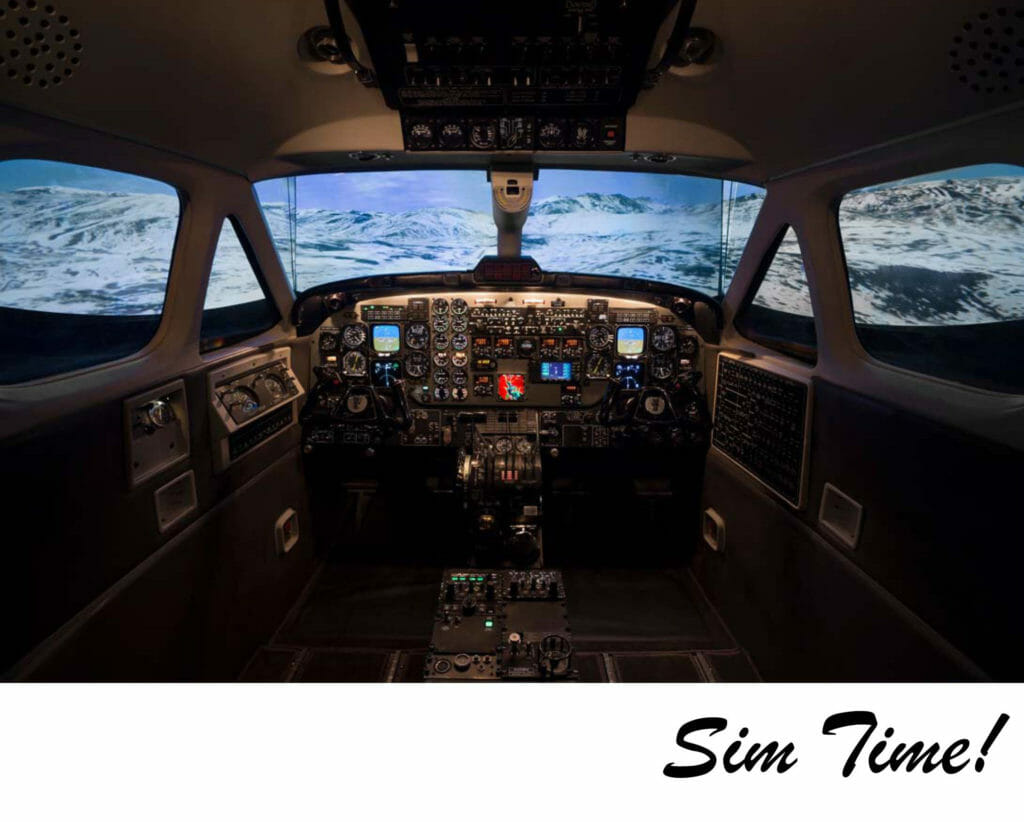
Interview with Chief Pilot Kyle LaMar,
Great Lakes Airlines
Pre Interview:
Craig: How do you select applicants to be brought in for an interview?
Kyle: We would look at an applicant’s flight currency, recency and overall flight experience.
C: What can an applicant do to increase their chances of being called for an interview?
K: Flight time and additional certificates/ratings such as: CFI, CFII, MEI.
C: How critical is it to attend a job fair to get an interview?
K: It is not necessary to attend a job fair but it is a good way to introduce themselves to our recruiting team.
C: What is the best way to prepare for an interview with your company?
K: Study the FAR/AIM, Jeppesen Charts and general IFR procedures. Applicants should also be proficient in instrument flying without using GPS or a moving map.
Interview:
C: Do you recommend that applicants get to your headquarters city the day before and get a hotel room for the night?
K: Our interviews are typically held at Centennial Airport in the Denver, CO area. We offer contact information about the SIM used for the interview to applicants when they schedule. It is beneficial to schedule time prior to the interview to get comfortable with the SIM and what procedures we will want to see in the interview.
C: Can you walk me through a typical day of interviews?
K: The interview process will take about 2 hours from start to finish and will include a written exam (30 min), panel interview (45 min) and SIM evaluation (45 min).
C: What kind of questions can an applicant expect to be asked?
K: General HR questions and technical questions.
C: Can you give me some examples of the TMAAT questions that you like to ask?
K: We may ask them to tell us about an emergency situation in an airplane that they have had or if they have had any sort of crew environment flying.
C: If the TMAAT question being asked does not apply to that applicant can that question be skipped?
K: Yes
C: What are some of the biggest mistakes that applicants make during the interview process?
K: Not being instrument proficient.
Written test:
C: What can you recommend applicants study for the test?
K: FAR/AIM along with Jeppesen charts and IFR procedures.
Simulator Evaluation:
C: What type of aircraft is used for the simulator evaluation?
K: BE 1900 FTD
C: What types of scenarios should you expect in the simulator evaluation?
K: We are looking to see that an applicant is proficient with instrument flying including: basic attitude instrument flying and correct procedures when flying instrument approaches.
C: What are you looking for in the simulator evaluation?
K: We would be looking at an applicant’s instrument scan, situational awareness and decision making skills.
C: What are the biggest mistakes applicants make?
K: We see many applicants that have weak instrument scans, incorrect procedures when flying DME ARCS, ILS approaches and holding. We also encounter applicants who don’t know how to use an RMI or perform an NDB approach.
Post Interview:
C: Do you tell applicants they are hired in person that day?
K: In general, no.
C: How long do applicants have to wait to know if they are hired?
K: Typically, they would be notified within a week of the interview via phone or email.
C: How soon can an applicant expect a class date after being hired?
K: This varies but typically within a month or two of the interview.
General:
C: How many pilots does your airline expect to hire this year?
K: We will continue to run monthly classes through 2016.
C: Can you explain the ATP-CQP class that your company offers?
K: We currently contract that training out.
C: Do you have any kind of bonus?
K: We offer Pilot Retention Bonuses as high as $7500 annually.
C: Does Great Lakes Airlines have a pilot referral program?
K: We do not have a referral program however, if you have an internal reference or know someone who has worked for Great Lakes Airlines we would like to know who you know.


